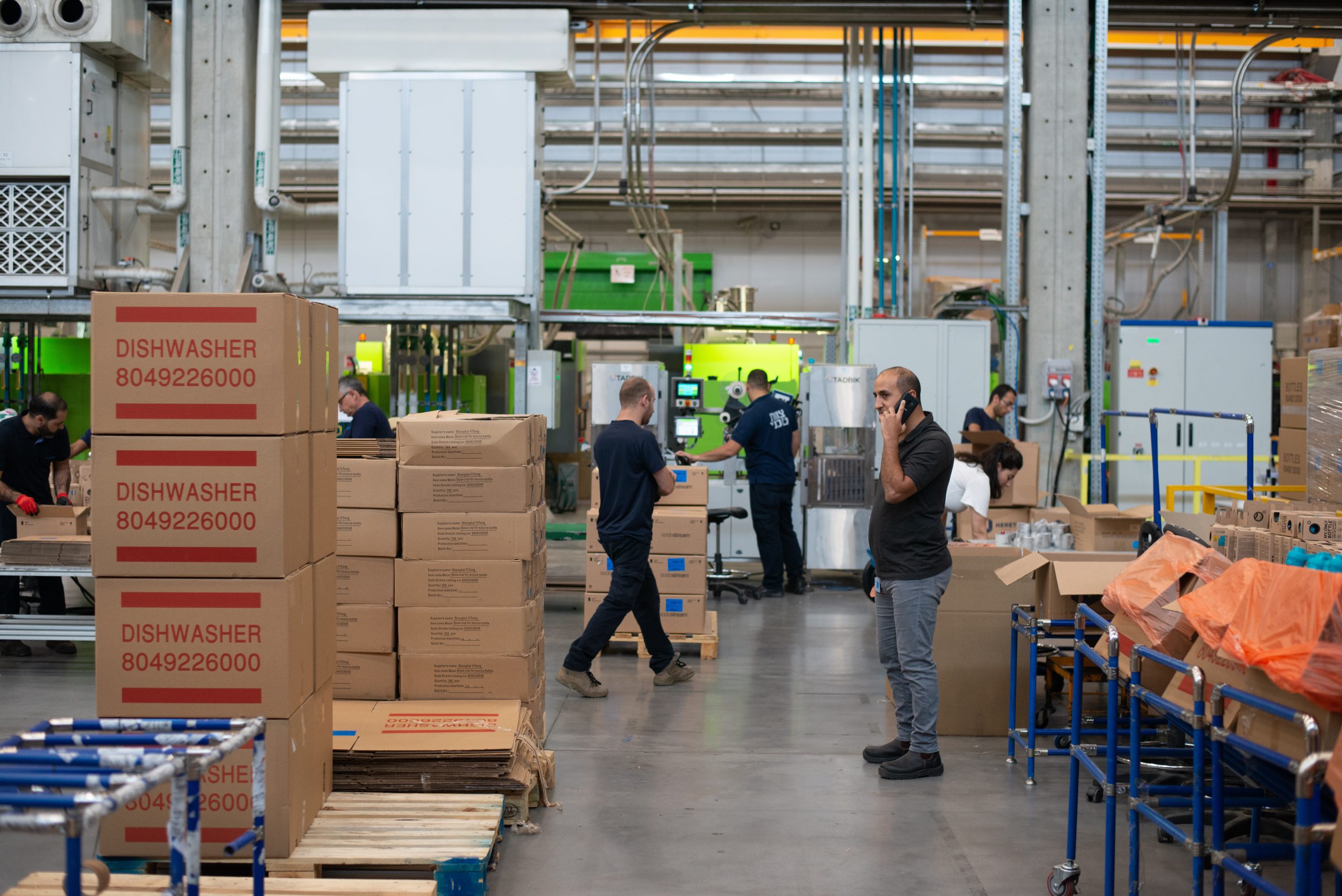Efficient inventory management is key to an efficient operation. Businesses that smartly manage inventory delight their customers, allocate resources well and save more resources. But, that’s what happens in the perfect world of warehouse management. In fact, it’s recorded that having an accurate inventory only occurs about 63% of the time.
Knowing the inventory management challenges YouShop and YouResto follow three main strategies for Inventory management. But what do the three abbreviations actually stand for and what exactly do they mean?
In this article, we will explore the best practices in modern inventory management to overcome inventory challenges. Let’s go through the famous FIFO, FEFO, and LIFO warehouse principles. In comparison, these three may pertain to a single idea of arranging stock based on expiry or delivery. Now, let’s dive in to unravel and define each.
First In First Out (FEFO)
FIFO is an acronym for “First In First Out”. Sounds familiar? Actually, you might have heard of FIFO being used around the warehouse. In fact, you might have heard it in Human Resource management too. However, in this case, First In First Out pertains to sellable goods.
According to the no longer valid Guidelines on Good Distribution Practice of Medicinal Products for Human, products that are returned to saleable stock should be organised in the ‘First In First Out’ manner.
Moreover, even if the items are not perishable, FIFO ensures the product undergoes short shelf life. Why is this important? It is to ensure that the products don’t get damaged due to longevity in storage and storekeeping mishandling.
First Expire First Out (FEFO)
FEFO stands for “First Expire, First Out”. FEFO applies best to perishable goods. It ensures that the product with the nearing expiring date gets out to the market first. Also, it enables businesses to reduce overhead expenses for waste.
Abiding FEFO makes a lot of sense. It helps save owners time, cost, and effort involved in returns or complaints. Moreover, it protects the business’ reputation. For example, customers won’t report expired items and spread image-tainting rumours about the business. Remember, end-user satisfaction and perception are on the line.
More importantly, to help ensure products to reaching customers the customer or the kitchen have a sufficient remaining shelf life. YouShop enables merchants to track expiry and set alerts on the inventory system. Merchants can also reduce the waste stock by running promotions, on the expiring items, using the YouCloud Campaign Manager tool.
Last In First Out (LIFO)
LIFO refers to the “Last In First Out” principle. LIFO implies that the last goods to be stocked are the be removed first. On the contrary, FIFO encourages older stocked goods to be out first.
Working according to this principle will be best applicable to non-perishable products. However, it could also work well with homogenous products with a single attribute such as colour, size, and even manufacturing date. Hence, the order of delivery to the market would not matter.
Finally, you’ve now been exposed to the famous three practices in inventory management. Now, implementation of the protocol is next. Depending on your nature of business and product, you can find one or two principles that can best work for you.
Ways to Implement these Protocols
- Run promotions for expiring items via the Campaign Manager Tool
- Set notifications for near-expiry items and get automatic alerts
- Set alerts for low stocks and fast-selling products
- Manage Purchase Orders and GRNs via Supplier Management Tool
YouShop Inventory Management System
YouShop has a comprehensive inventory management module. In other words, though these solutions cater to different types of business landscapes, both retail and restaurants will require pretty much a similar inventory system.
Both our products can help retailers manage their stores better with features like expiry and low-stock notifications alerts, and connectivity to a supplier management module, among others. Furthermore, these systems can be altered and programmed tailored fit to the business demands.
Finally, if you are curious about how YouCloud solutions can help retail and restaurant businesses in their storekeeping, contact our sales team.

